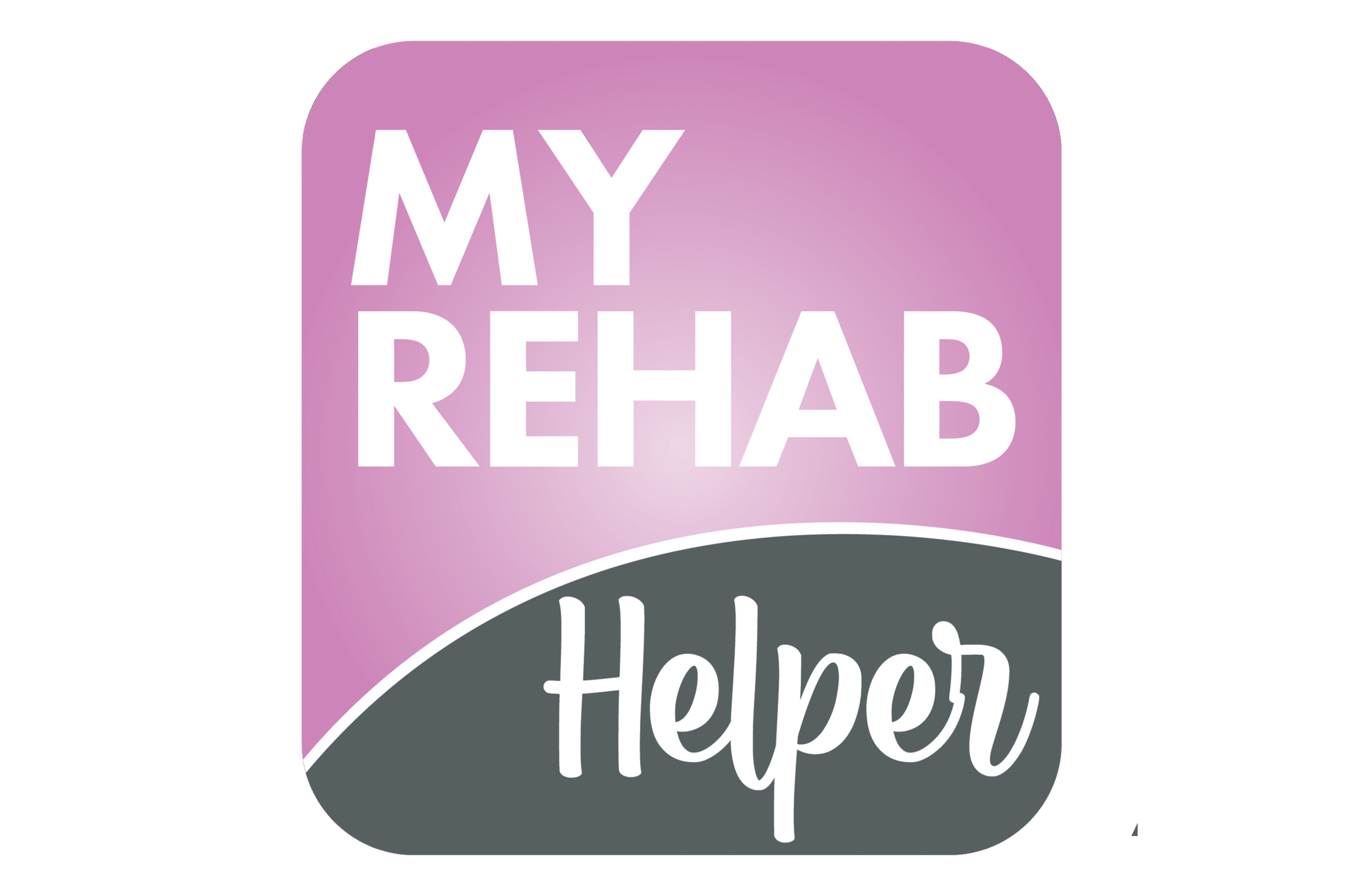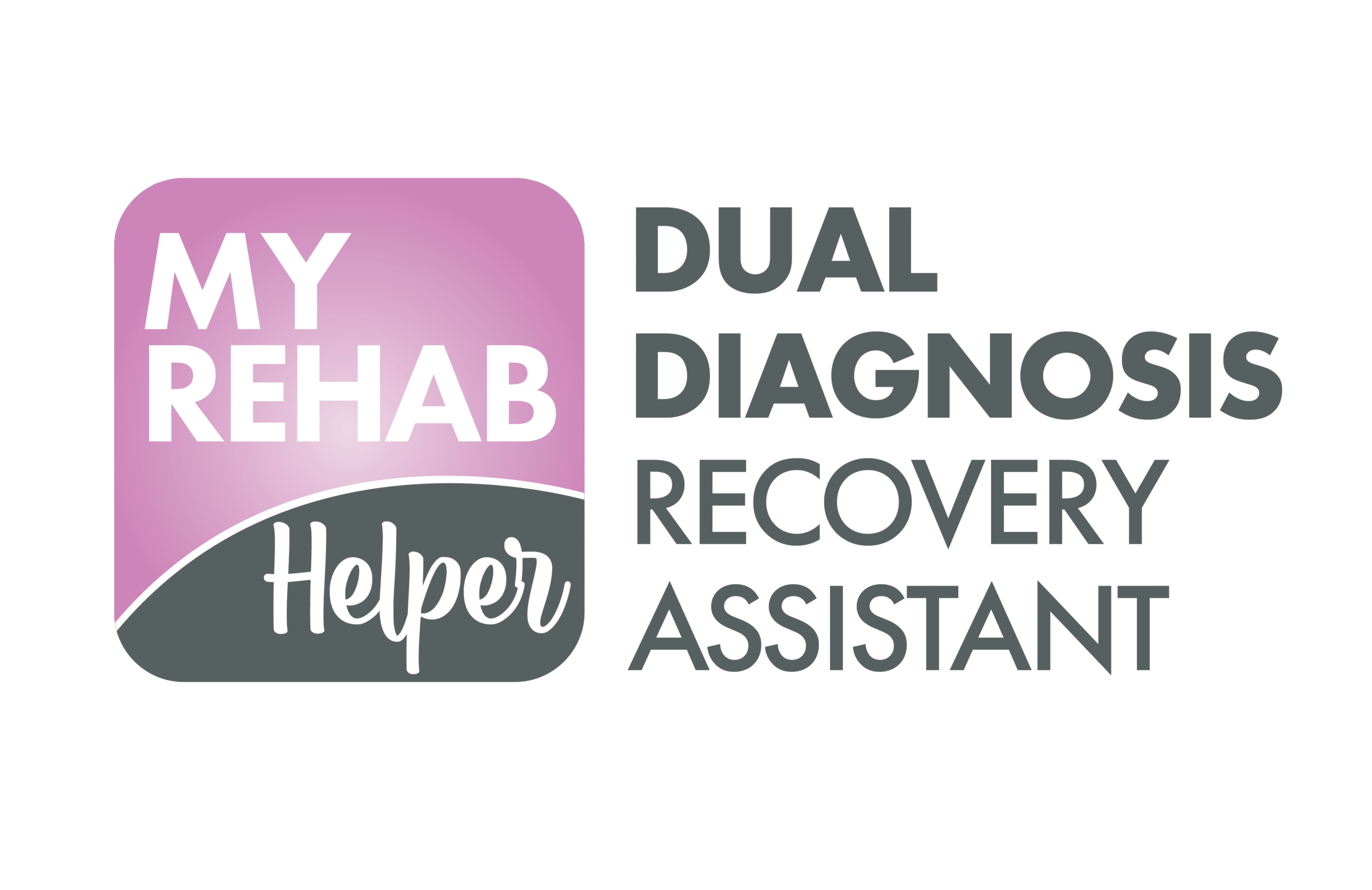
Services Offered in an Alcohol Rehab Clinic
Alcohol Rehab Clinic
Services Offered in an Alcohol Rehab Clinic
Medical Detoxification
Residential Treatment Programs
Call one of our MyRehab Helpers now!
Contact one of our helpers for ethical referals to a facility or health care professional that suits your unique circumstances.
Outpatient Treatment Programs
Therapeutic Approaches
Specialized Therapy Sessions
Environment and Support Structures
Long-Term Recovery and Aftercare
Outcomes Expected
Choosing the Right Rehab Clinic
Supervised Withdrawal and Medical Detox
Contact one of our helpers for ethical referals to a facility or health care professional that suits your unique circumstances.
Inpatient vs. Outpatient Care
Group and Family Therapy
Group and family therapy play an integral role in the recovery process at an Alcohol Rehab Clinic, offering invaluable support and healing for both individuals and their loved ones. Group therapy creates a safe space for individuals to connect with others who are going through similar experiences. It fosters a sense of community, reduces isolation, and allows participants to share insights, challenges, and coping strategies. Facilitated by trained therapists, these sessions encourage open communication and mutual support, empowering individuals to learn from one another and develop lasting friendships based on shared goals of sobriety.
Family therapy, on the other hand, addresses the impact of alcohol addiction on relationships and helps to rebuild trust and communication within the family unit. Addiction often strains family dynamics, and therapy helps family members understand the nature of the illness while providing tools to support their loved one’s recovery. By involving the family in the healing process, this therapy enhances emotional support, reduces enabling behaviors, and promotes healthier relationships, which are essential for long-term recovery. Together, group and family therapy create a holistic approach that strengthens both individual healing and the recovery environment at home.
